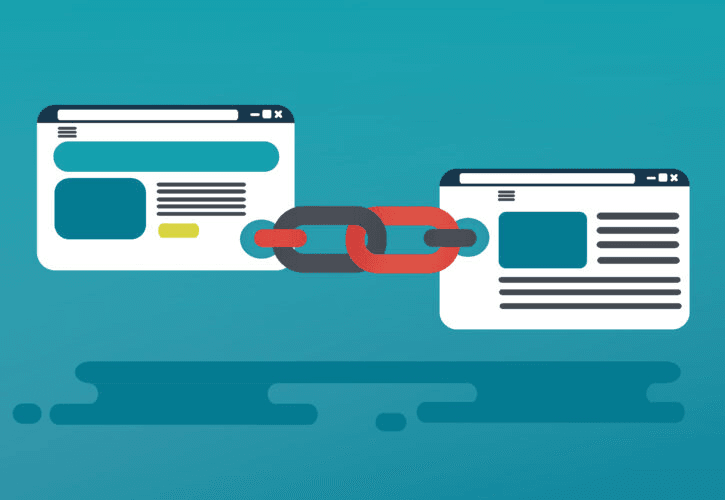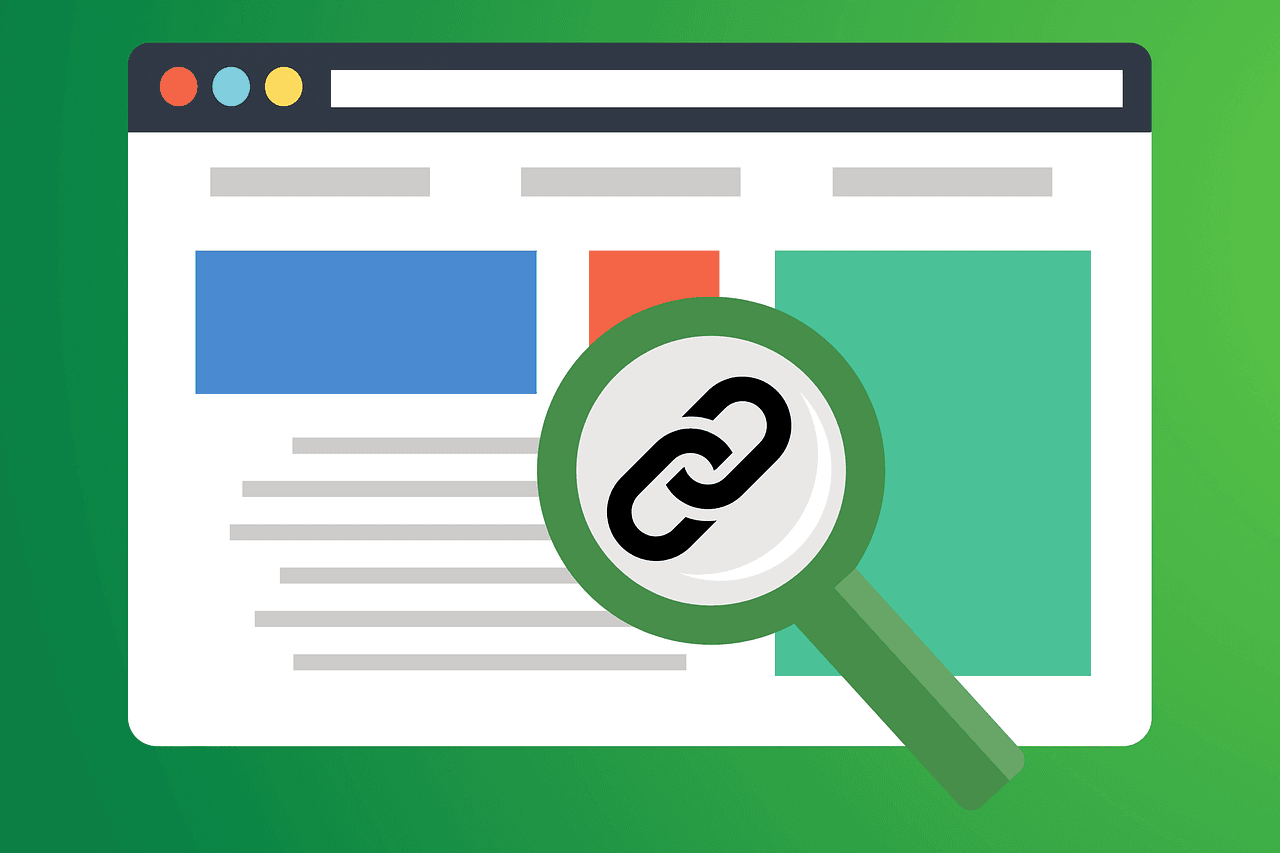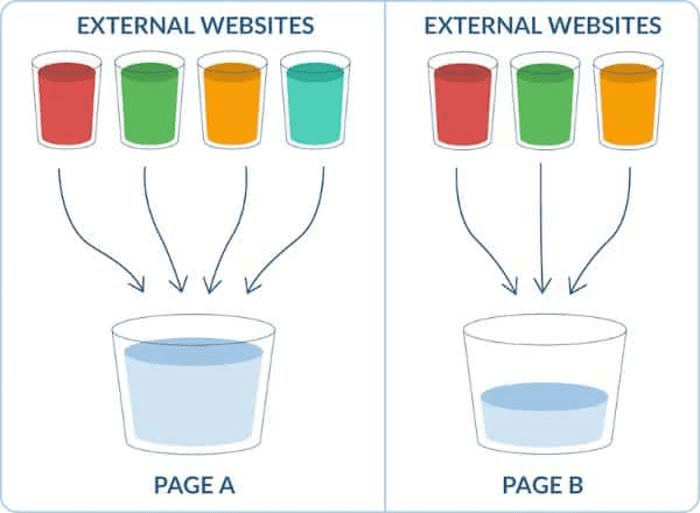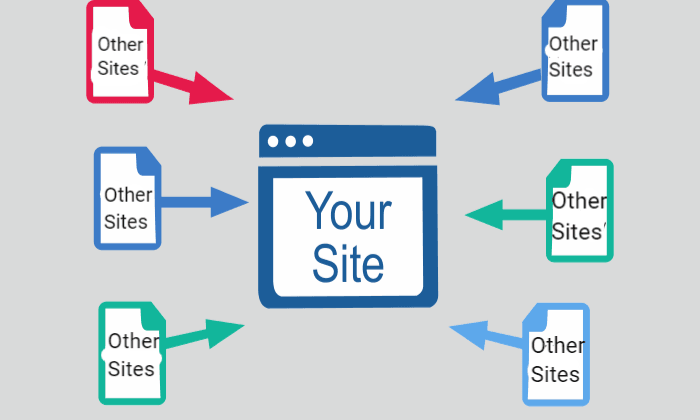SEO external links are crucial for improving your website's authority and boosting search engine rankings. These links connect your content to trusted sources, signaling credibility to search engines. At Keyword Metrics, we break down this topic to help you optimize your SEO strategy.
What Are SEO External Links?
SEO external links are hyperlinks on a webpage that lead to a page on a different domain. These links are essential in search engine optimization because they help search engines understand the context and credibility of your content by associating it with authoritative or relevant websites.
For example, if your blog about digital marketing links to a study published by a leading marketing firm, this counts as an external link.

How Do External Links Work in SEO?
Signal Authority
Search engines like Google evaluate external links as a sign that your content is well-researched and linked to trustworthy sources. Linking to reputable websites enhances the perceived quality of your content.
Enhance User Experience
By guiding readers to additional relevant resources, external links improve the value of your content. For instance, a blog about SEO tips might include a link to Google’s official search essentials for users to explore further.
Boost Search Rankings
While not directly tied to your domain's ranking, external links indirectly improve your SEO by increasing the chances of reciprocal links (other sites linking back to yours) and by reducing bounce rates through valuable resources.
Why Are SEO External Links Important?
Establish Credibility
When your content references reputable websites, it signals to search engines and users that your site values accuracy and quality. For instance, linking to statistical data from trusted platforms like Pew Research or HubSpot can enhance your article’s reliability.
Contextual Understanding
Search engines use external links to understand your website’s niche. By linking to relevant content, such as an authoritative page about “on-page SEO,” search engines better categorize your website within your industry.
Foster Relationships
External linking can lead to partnerships. For example, linking to an influencer’s blog could result in a reciprocal backlink, which is another crucial SEO factor.
Tools for Optimizing SEO External Links
Using the right tools can help you analyze and optimize your external links for better SEO results. Here are some essential tools to consider:
Screaming Frog
Screaming Frog is an SEO crawler that provides in-depth insights into your external links. Here's how it helps:
- Crawl your website to identify external links across all pages, offering a complete overview.
- Audit link quality to ensure that all external links are relevant, functional, and non-spammy.
- Check anchor text, link structure, and broken links for optimization.
- Export data to create reports that help you track changes and improve your link-building strategy.
Broken Link Checkers
Maintaining a healthy external link profile requires regular checks for broken or outdated links. Broken Link Checkers allows you to:
- Identify any external links on your site that are broken or lead to 404 errors.
- Quickly fix these issues, improving both user experience and SEO rankings.
- Regularly monitor and update your external links to prevent negative SEO impacts caused by outdated links.
Pro Tips for Using SEO External Links Effectively
Link to High-Authority Websites
Use tools like Moz or Ahrefs to evaluate a domain’s authority. For instance, websites with a high domain authority (DA) such as government (.gov) or educational (.edu) sites can amplify the credibility of your content.
Keep Links Relevant
Ensure the external links you use directly align with the topic of your content. For example, if you’re writing about “SEO trends,” linking to a fashion website would be irrelevant and could harm your SEO efforts.
Use Descriptive Anchor Text
Avoid using generic terms like “click here.” Instead, opt for anchor text that describes the linked page, such as “learn more about technical SEO.” This improves both user experience and search engine understanding.
Limit the Number of External Links
While external links are beneficial, too many can dilute the SEO value of your content. Aim for a balanced approach, linking only when it adds genuine value.
Monitor and Update Links
Periodically check that your external links aren’t broken or leading to irrelevant pages. Tools like Screaming Frog can help identify issues with your links.
FAQs About SEO External Links
Q. Are external links more important than internal links?
A. No, both are essential. Internal links help with site navigation and distribute link equity within your domain, while external links build authority and credibility with search engines.
Q. Do nofollow links impact SEO?
A. While nofollow links don’t directly pass link equity, they can still drive traffic and enhance user experience, which indirectly supports your SEO.
Q. How many external links should I include per page?
A. There’s no set rule, but a good practice is to link only when it enhances your content. Aim for 2–5 relevant external links in long-form content.
Q. Can I link to competitors?
A. It’s generally better to link to neutral or authoritative sources. Linking to competitors can drive traffic away from your site unless it’s necessary for context or reference.
Related Glossary Terms to Explore
- Backlinks: Discover how backlinks impact your site’s authority and rankings in SEO.
- Domain Authority: Find out how domain authority influences search engine performance and trust.
- Anchor Text: Learn the role of anchor text in guiding both users and search engines.
- Internal Links: Explore how internal links enhance site navigation and SEO.


